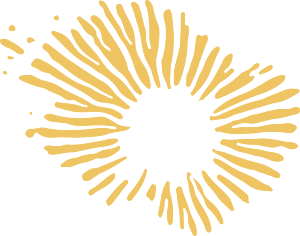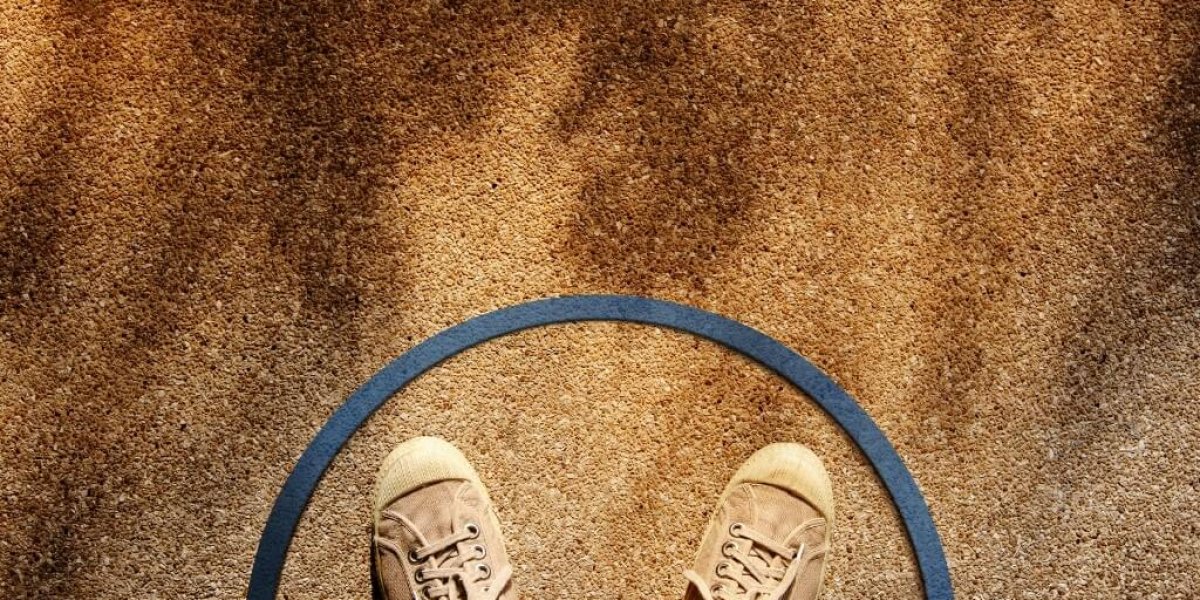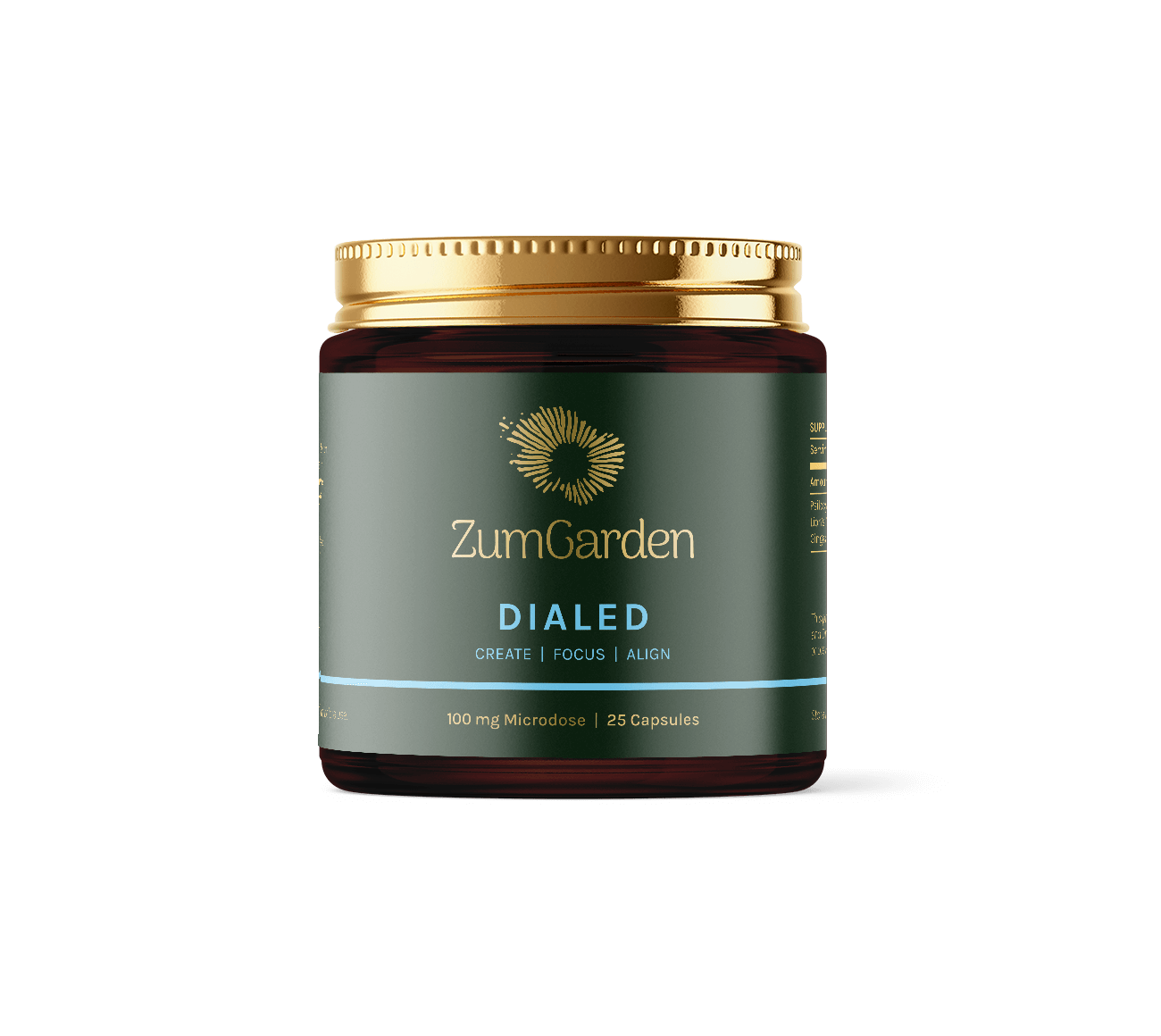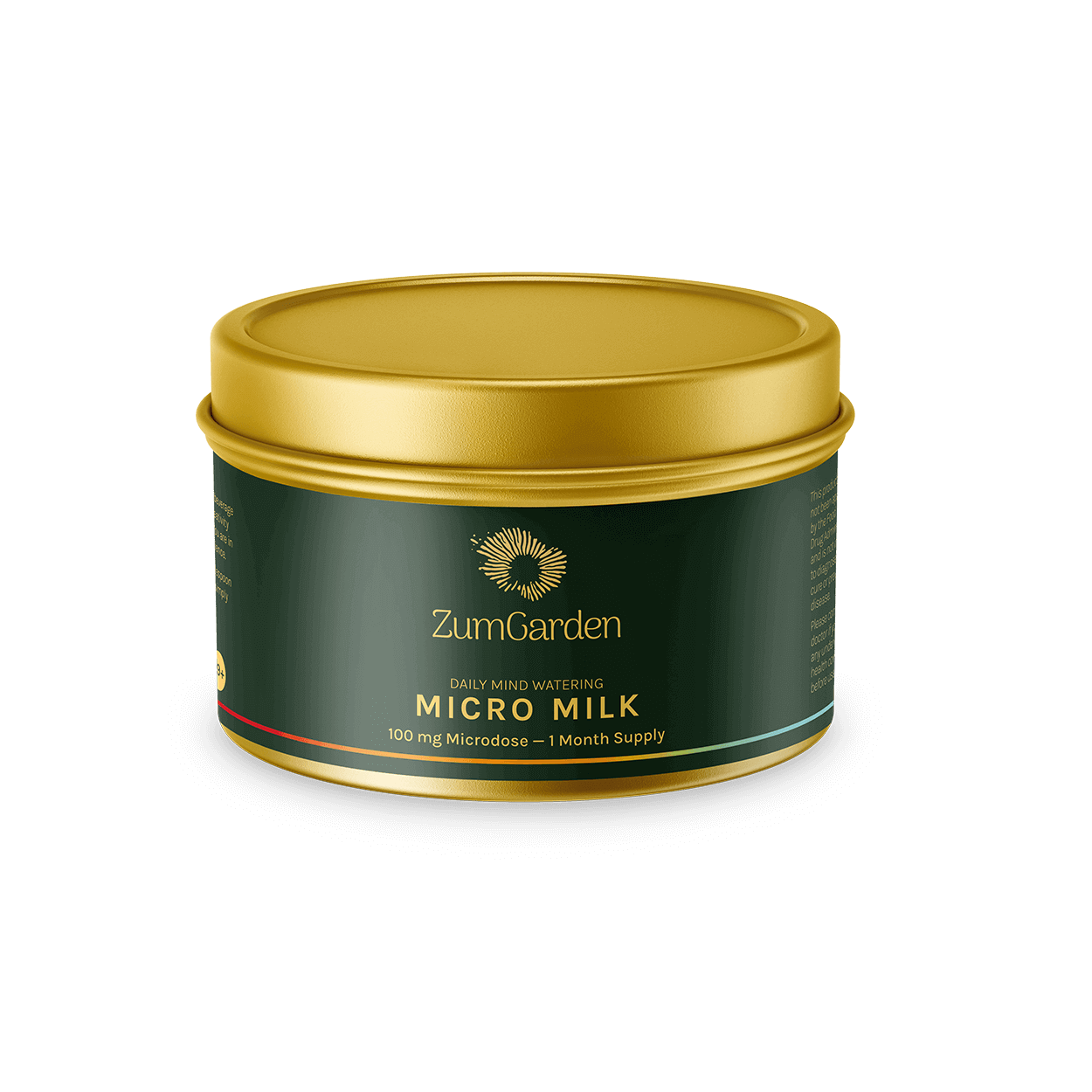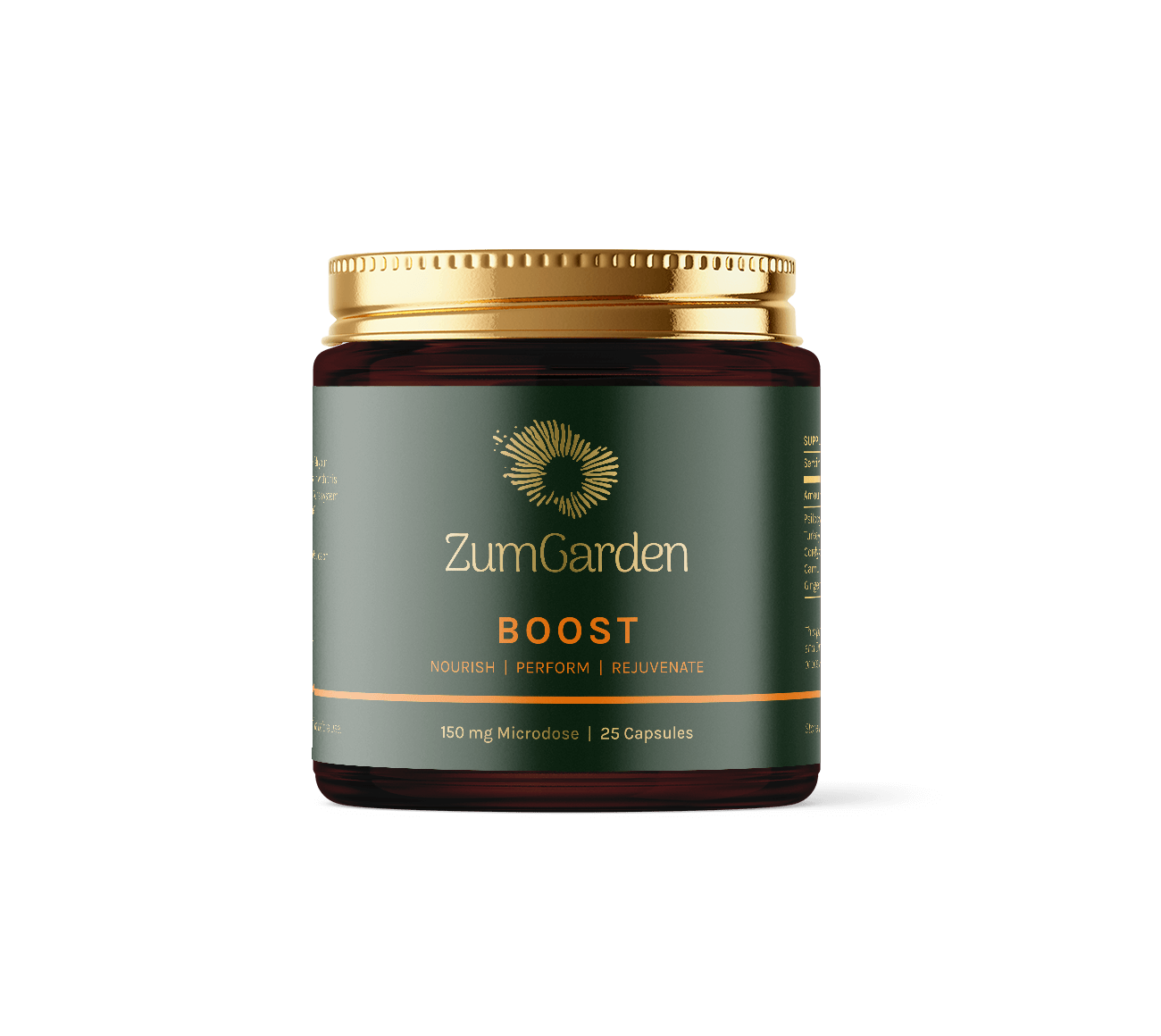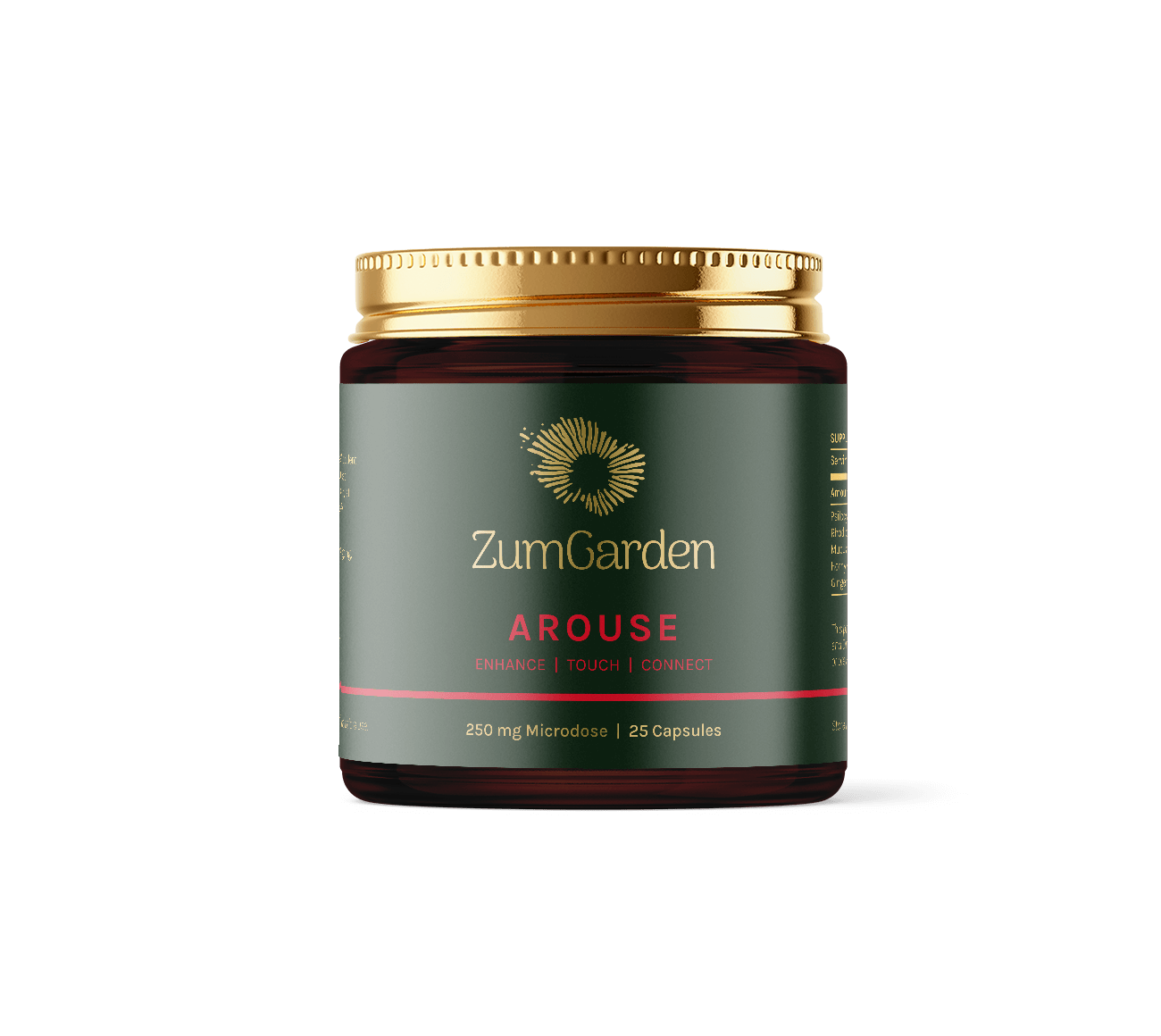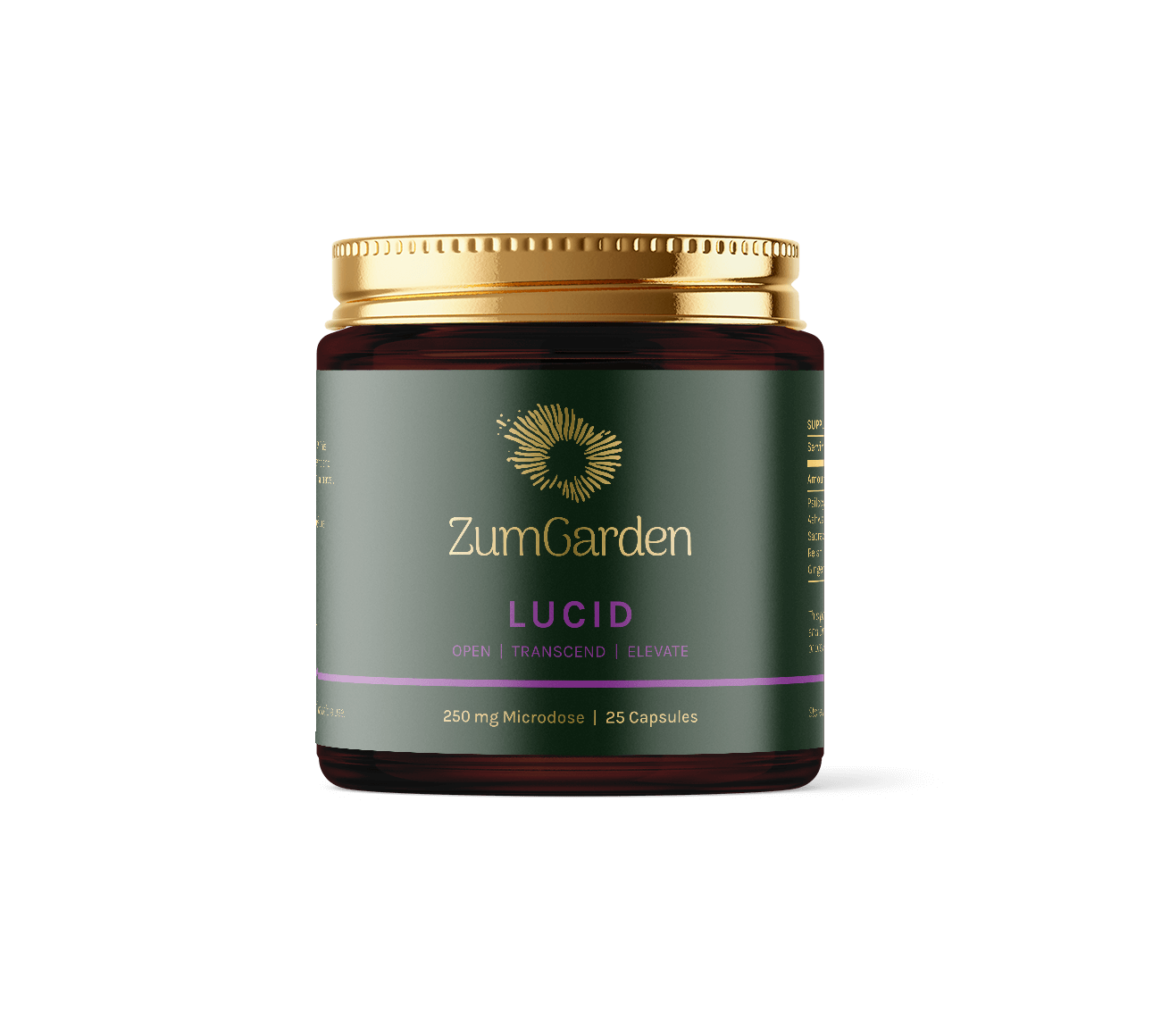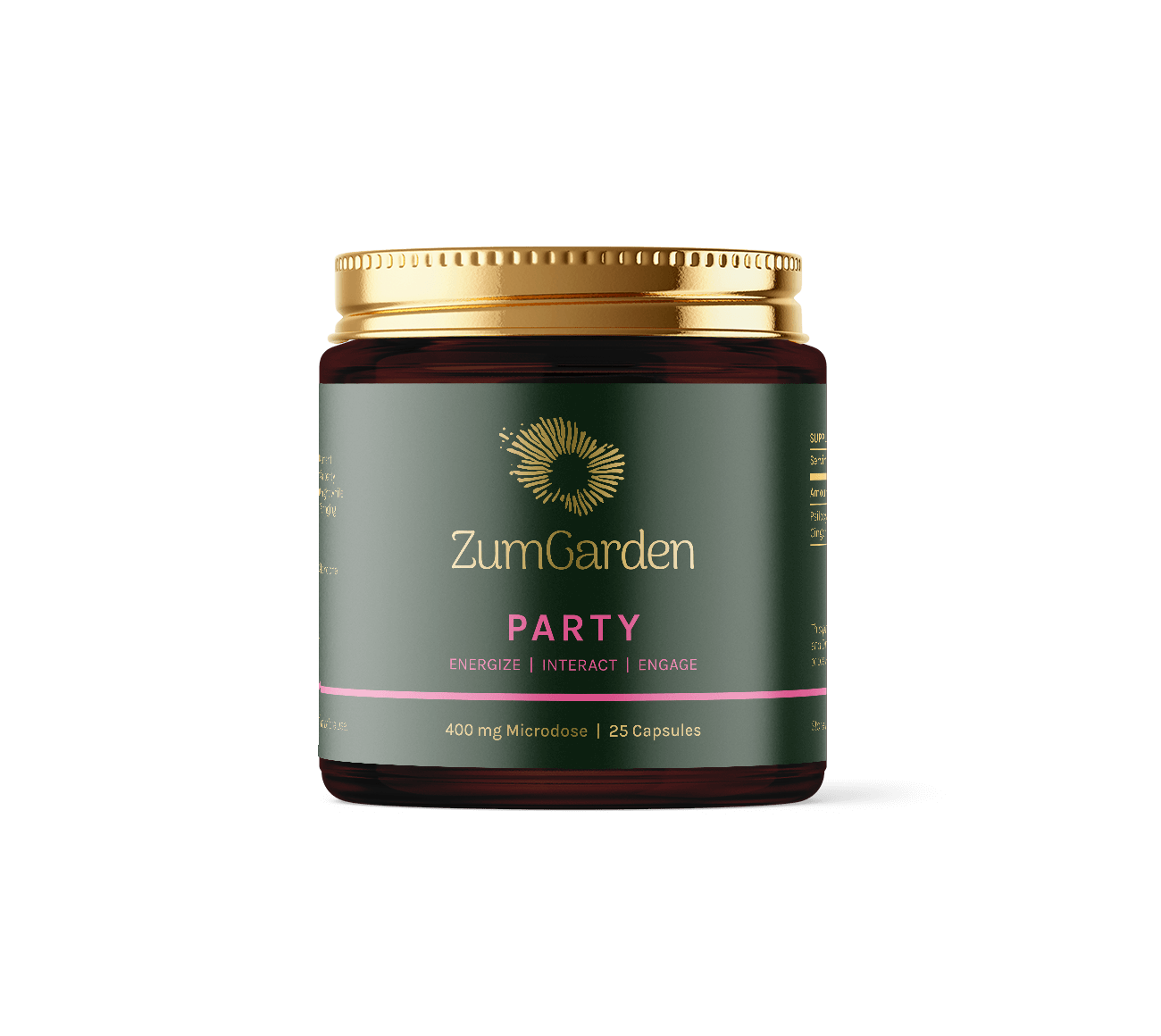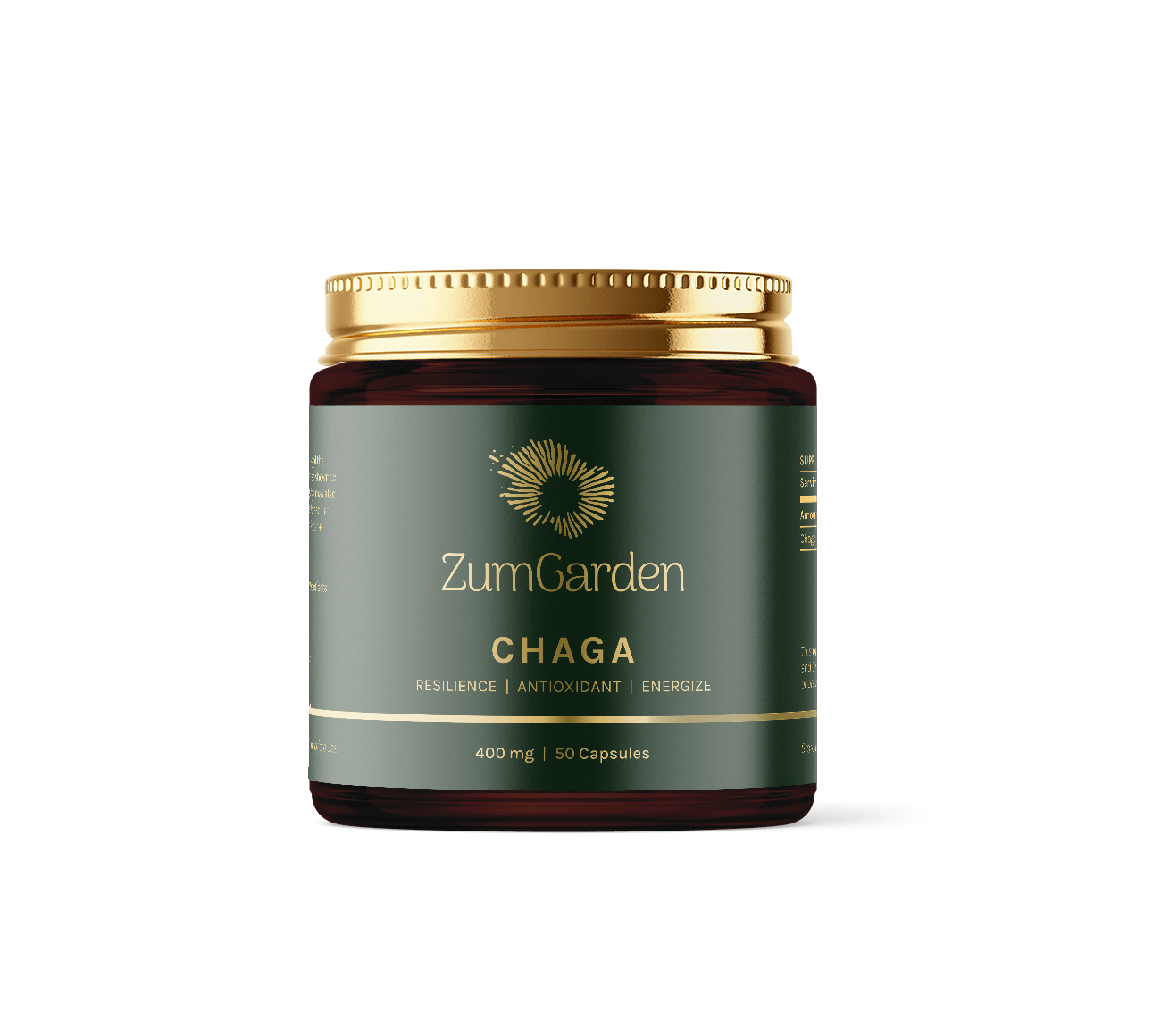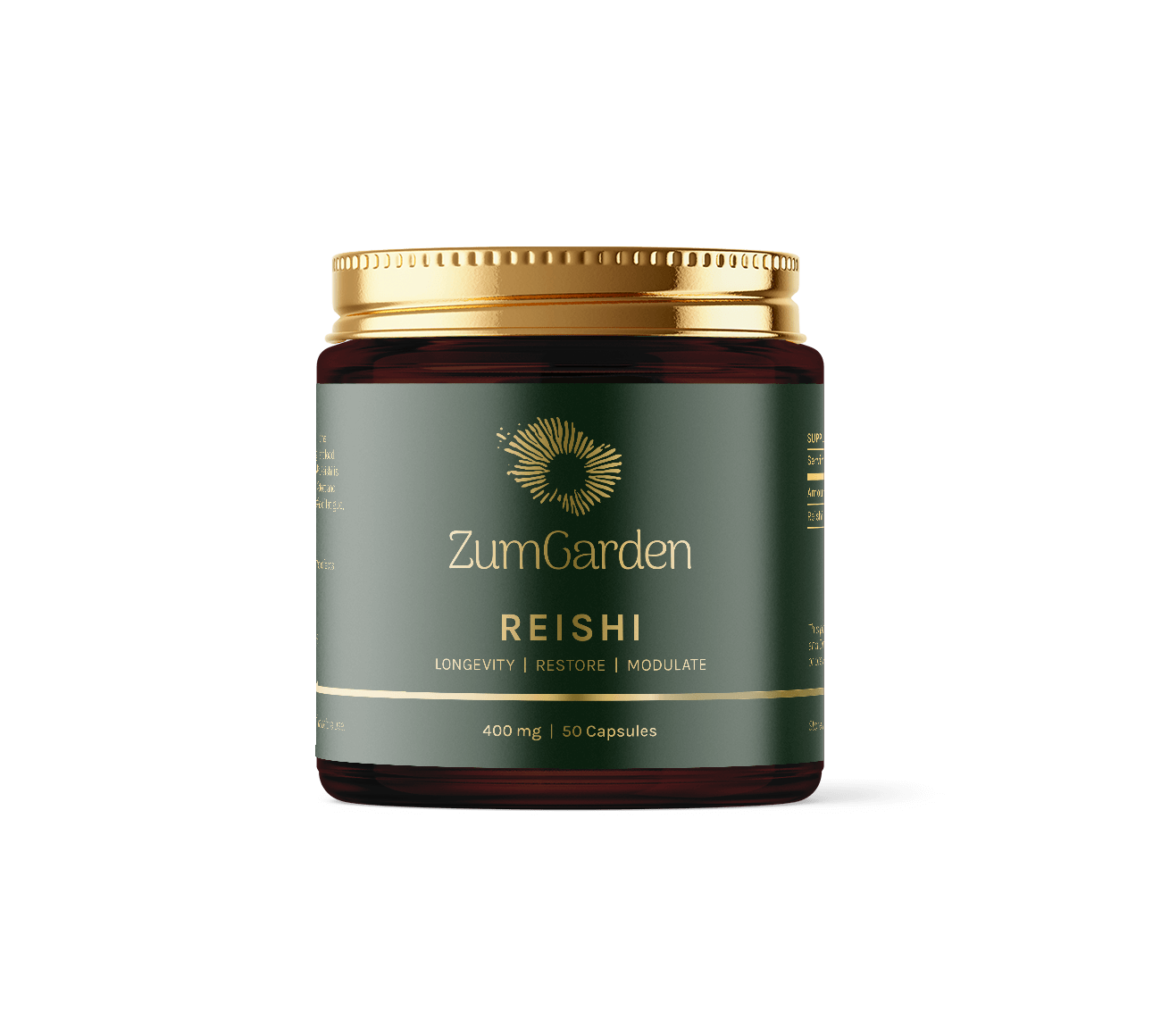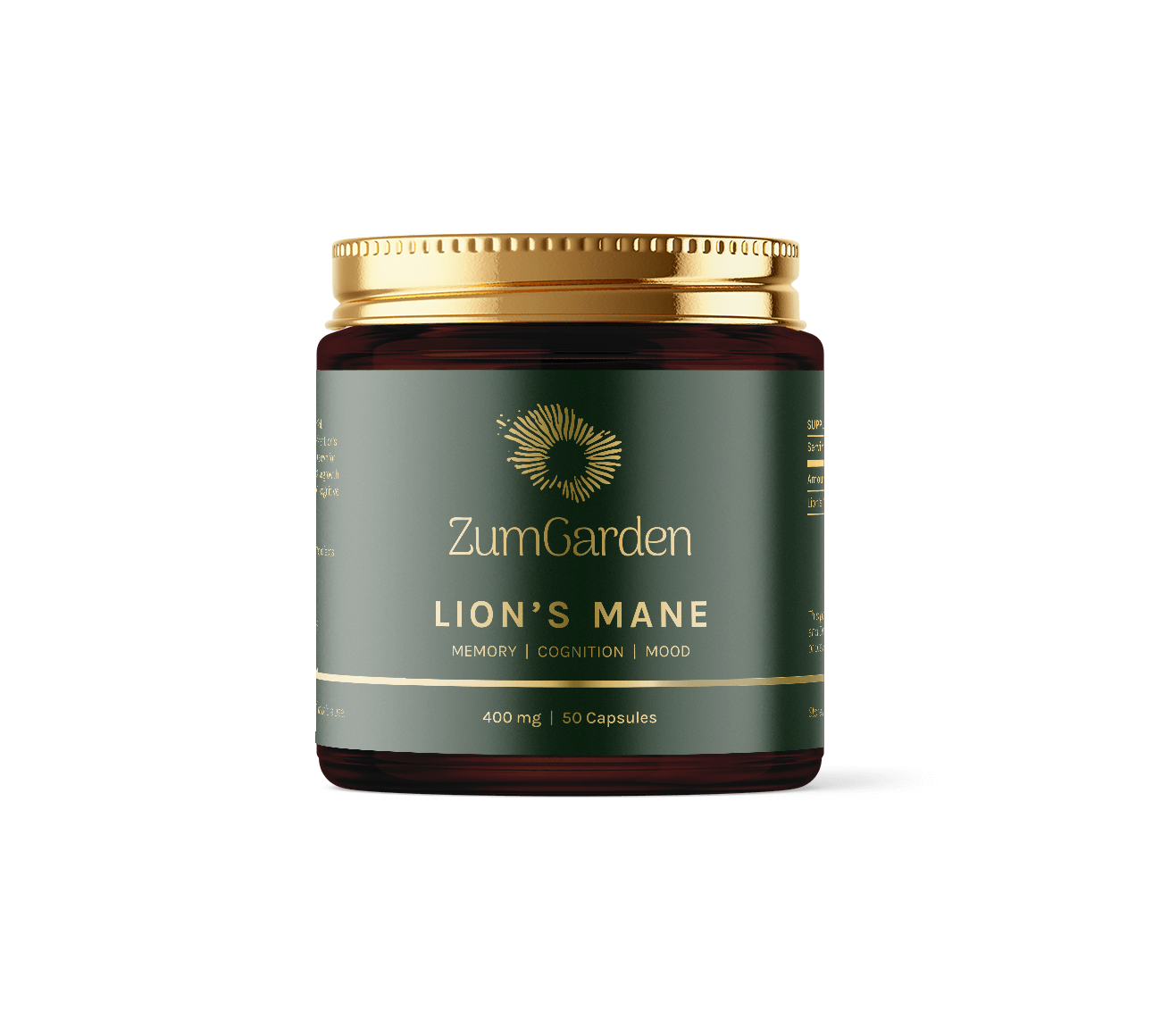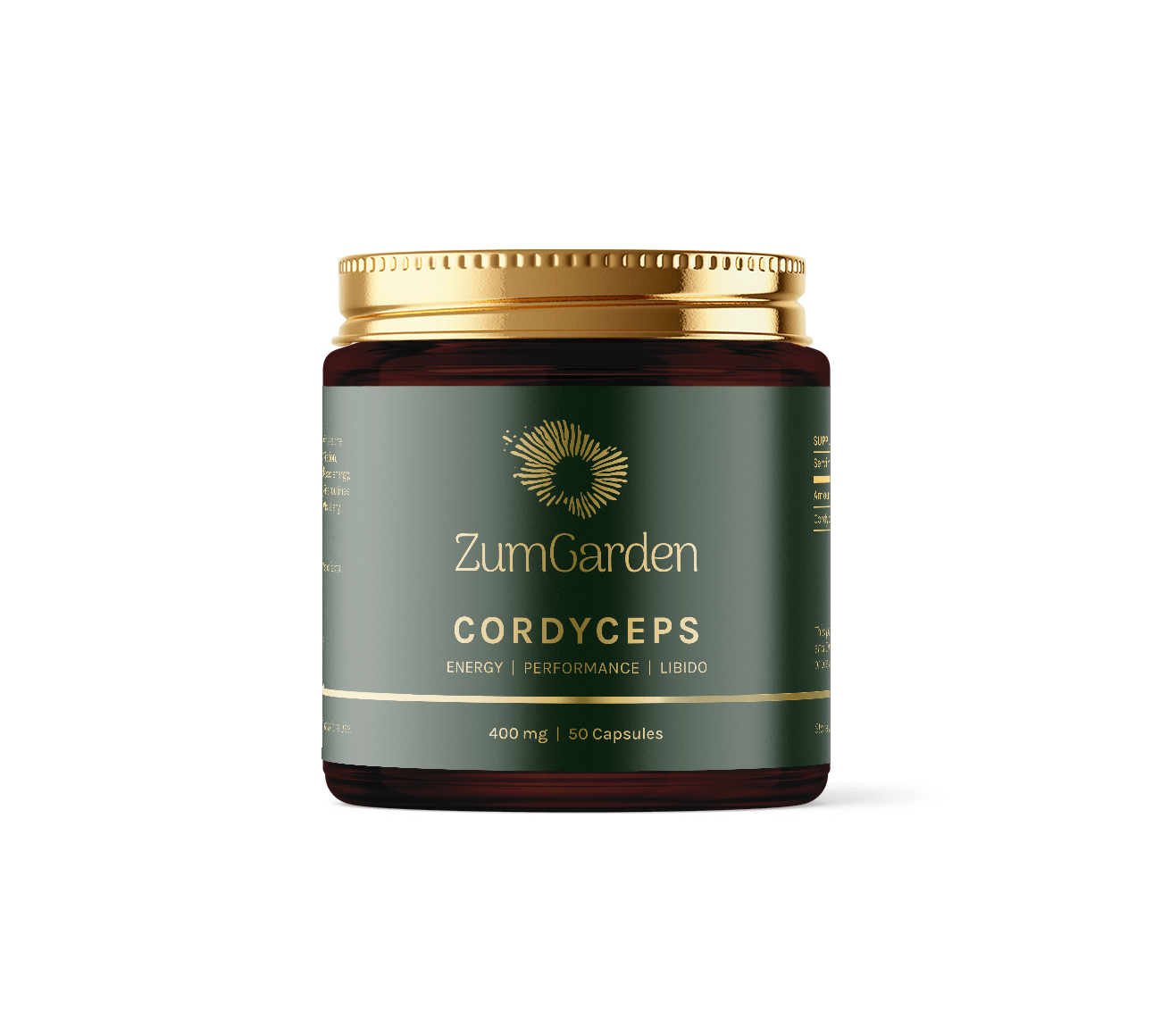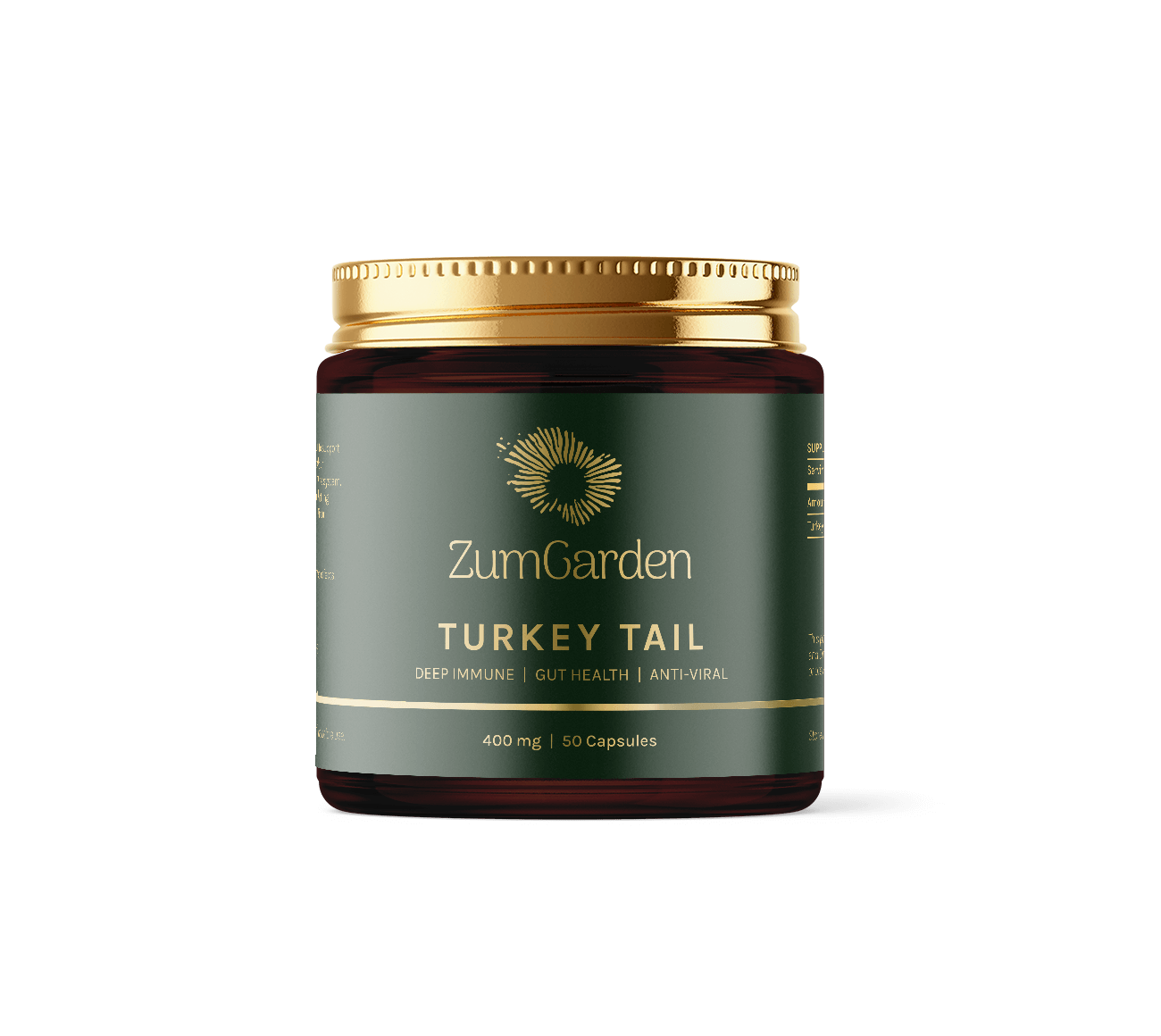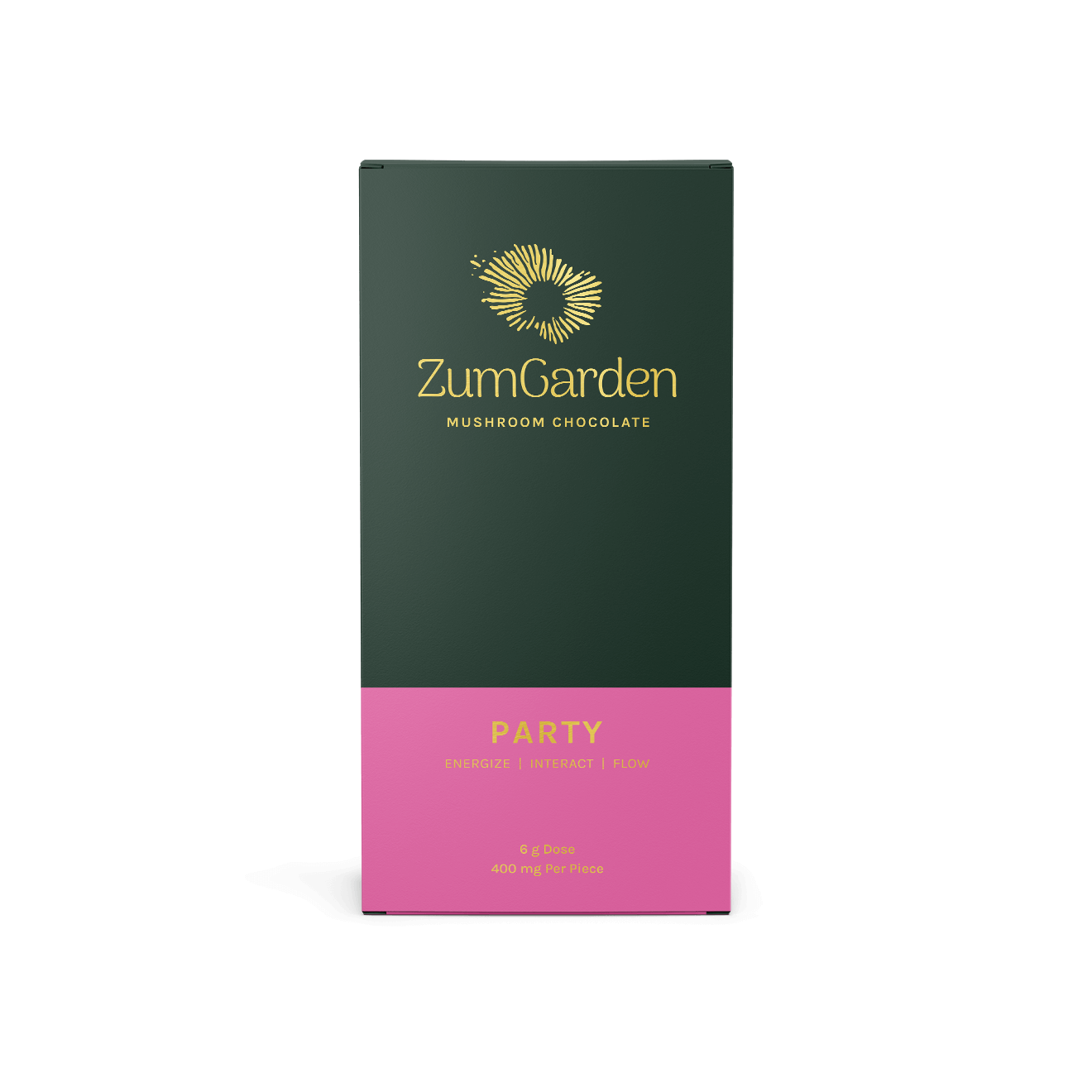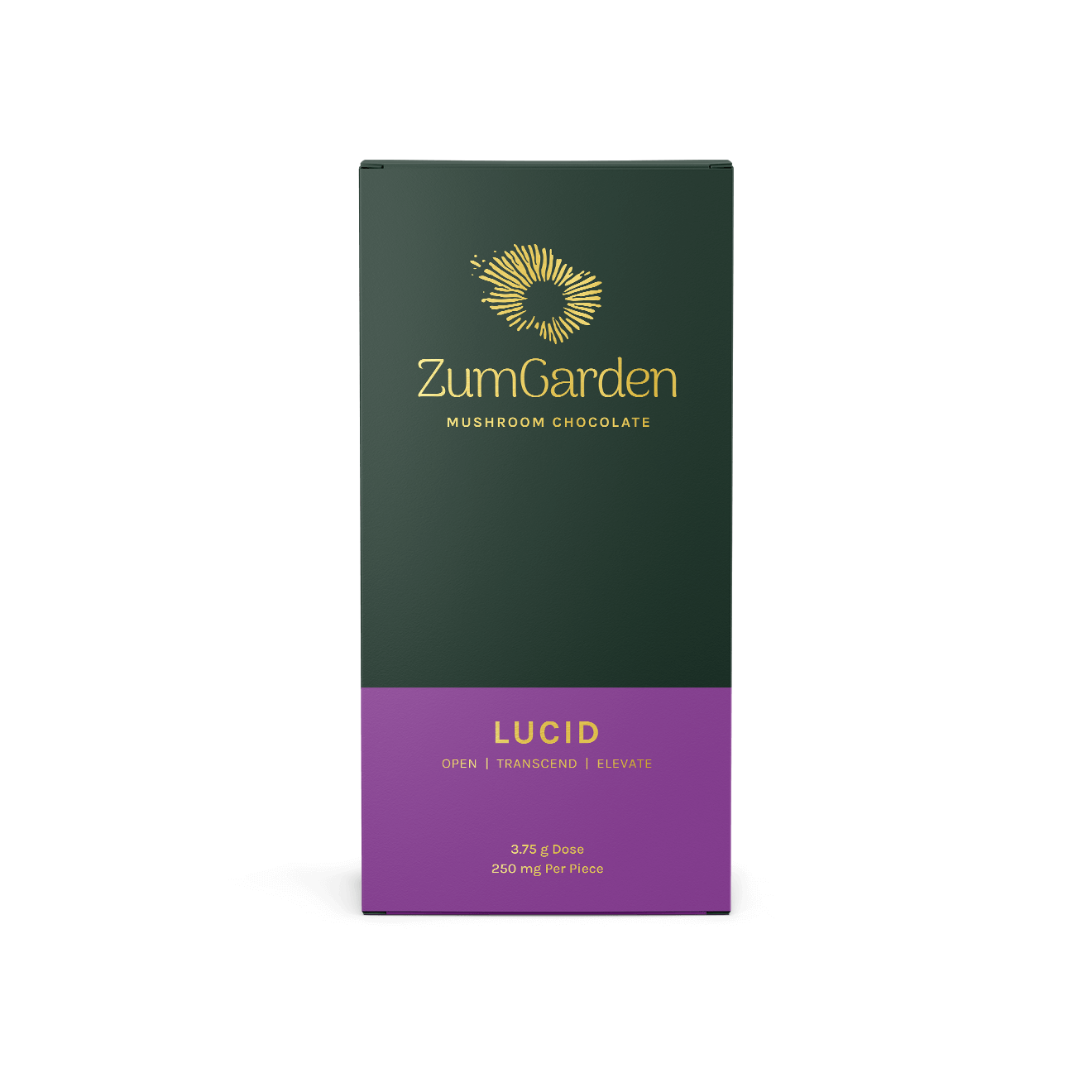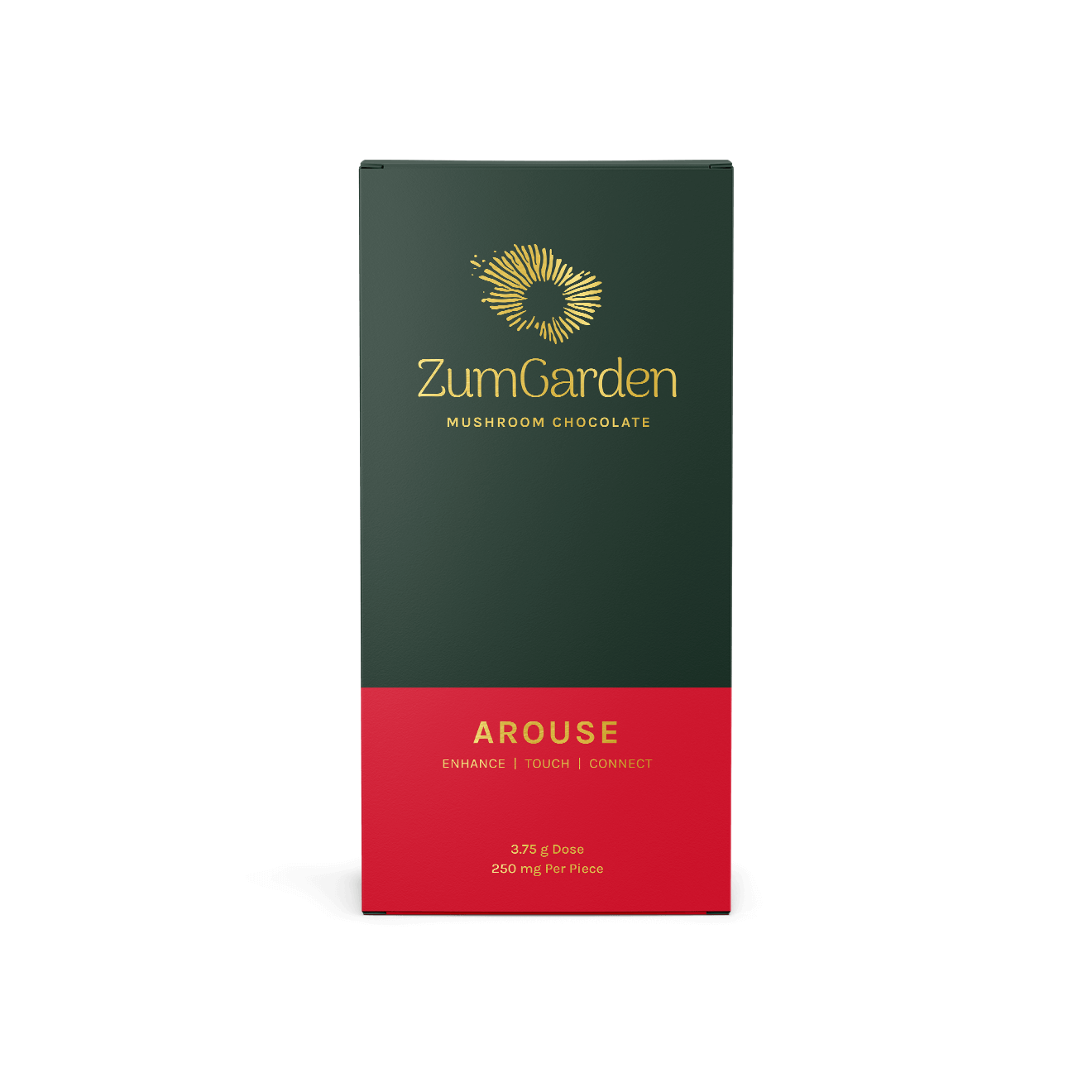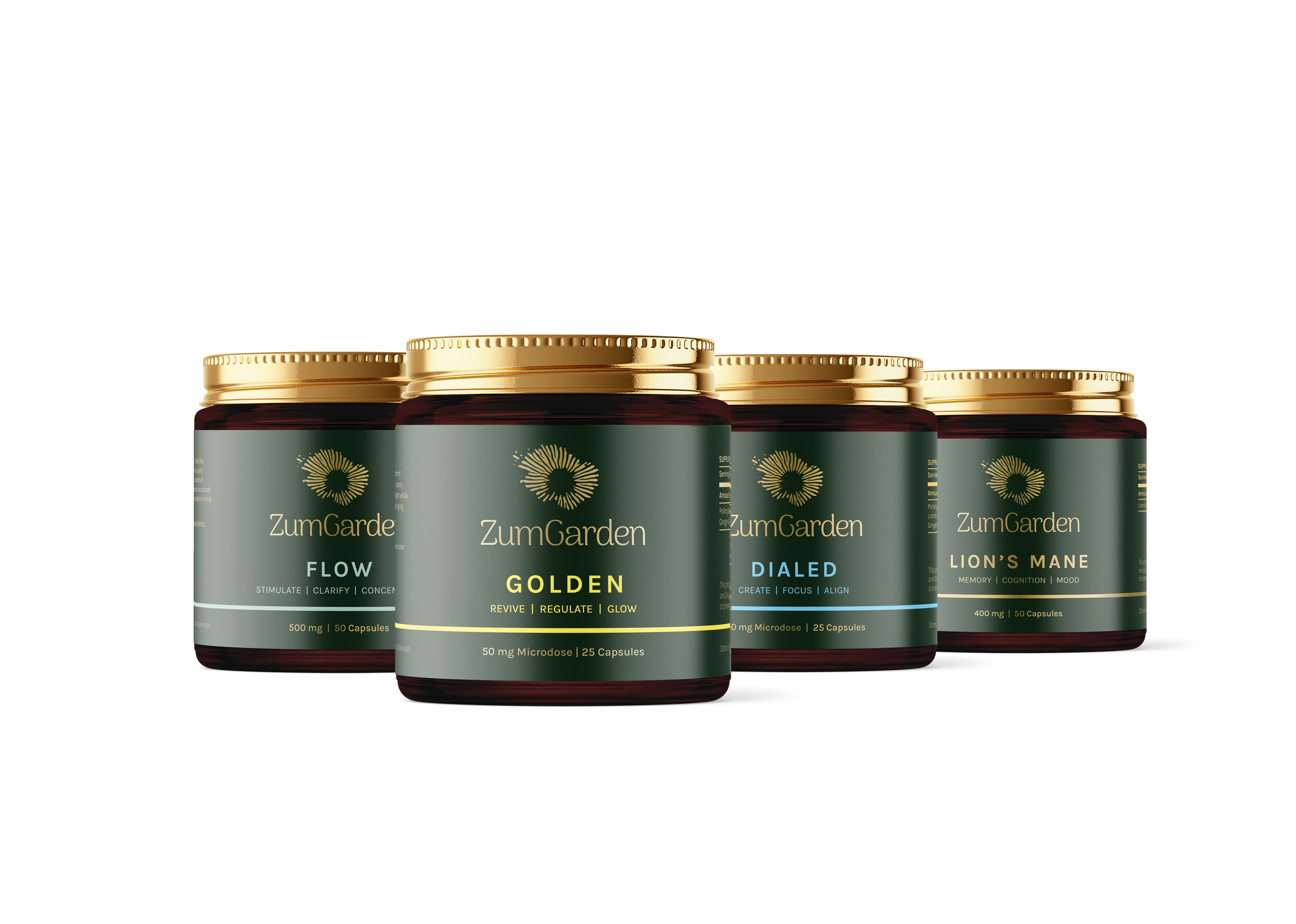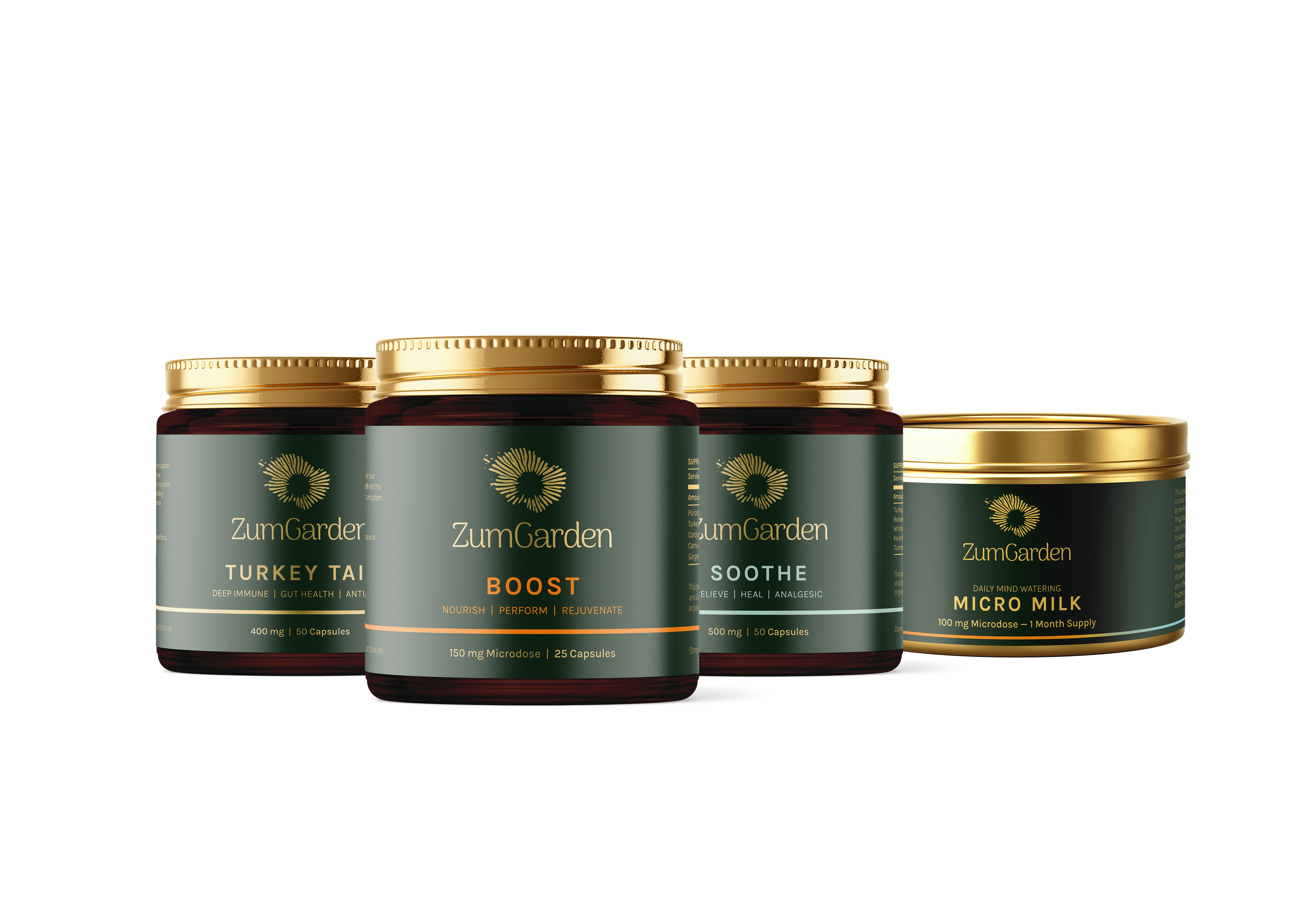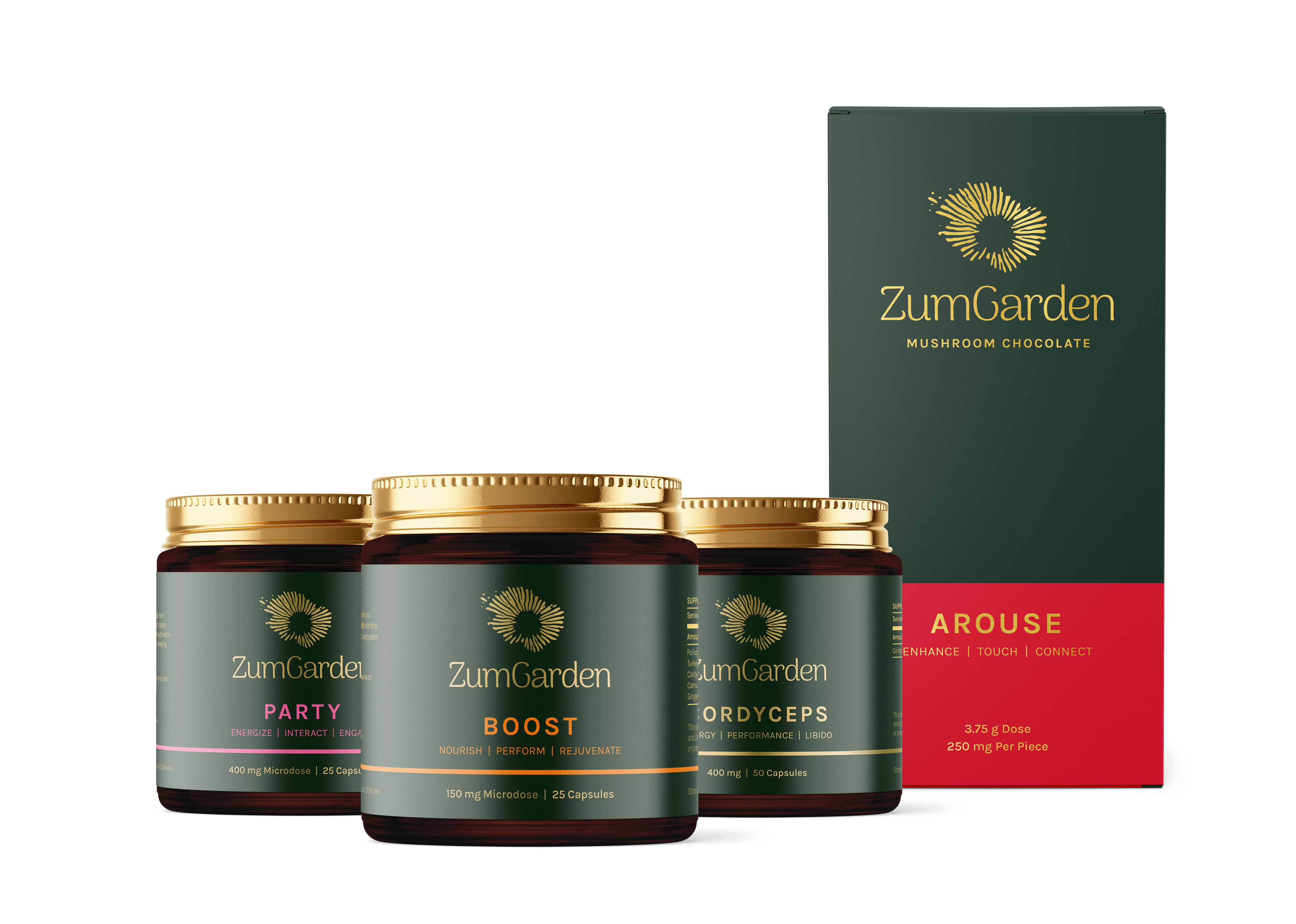You've been trained to be convenient for other people.
Say yes when you mean no. Stay when you want to leave. Give when you’re empty. Smile when you’re hurting.
Most of us learned early that our value came from being helpful, agreeable, and accommodating. We developed a chronic inability to disappoint others, even when it meant disappointing ourselves.
But boundaries aren’t walls that keep people out – they’re guidelines that keep you intact.
Psilocybin often reveals how porous your boundaries have become and helps you remember that protecting your energy, time, and emotional space isn’t selfish – it’s essential for sustainable relationships and genuine well-being.
Healthy boundaries are like a cell membrane – permeable but selective.
They let in what nourishes you and keep out what depletes you. But many people have boundary systems that are either completely closed off or completely porous.
Signs of boundary problems:
- You feel guilty saying no to requests
- You take on other people's emotions as your own
- You overexplain your decisions and choices
- You stay in conversations or situations longer than feels good
- You give advice when people just want to be heard
- You feel responsible for other people's happiness
The result: you end up exhausted, resentful, and disconnected from your own needs.

Microdosing often makes you acutely aware of energy exchange in relationships:
You start noticing when interactions leave you energized versus drained. You become sensitive to when you’re giving more than you’re receiving or taking on responsibilities that aren’t yours.
Common realizations:
- "I've been saying yes to things I don't want to do"
- "I feel responsible for managing everyone else's emotions"
- "I'm exhausted because I never create space for my own needs"
- "I'm more focused on being liked than being authentic"
You realize that poor boundaries aren’t kindness – they’re a form of dishonesty about your actual capacity and desires.
Try This: The Boundary Check
For one week, notice:
- When do you feel energized versus drained after interactions?
- What requests make you immediately feel heavy or resentful?
- Where are you giving more than you want to give?
- What situations make you feel like you're losing yourself?
Your body and emotions are constantly giving you boundary information – you just need to start listening.
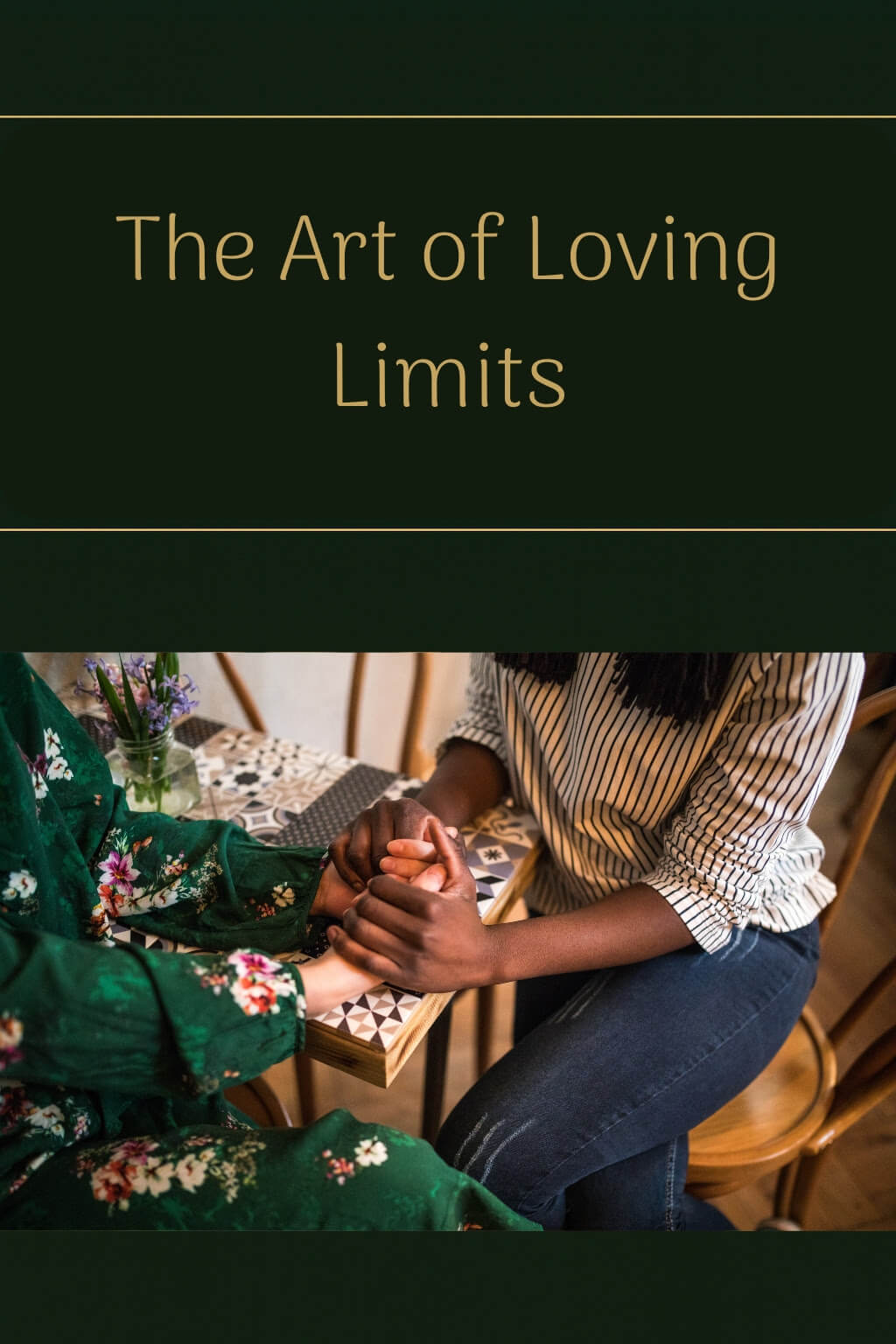
Healthy boundaries aren't mean - they're clear:
Instead of: “I guess I can help, even though I’m swamped”
Try: “I’m not available for that right now”
Instead of: “Sorry, I know this is terrible timing but…”
Try: “This doesn’t work for me”
Instead of: “I feel bad saying this but…”
Try: “I’ve decided not to”
You don’t need to justify your boundaries. “No” is a complete sentence.
Boundary Myths That Keep You Stuck:
“Good people don’t have boundaries” – Actually, good people protect their ability to show up authentically
“Boundaries hurt relationships” – Poor boundaries hurt relationships by creating resentment and inauthenticity
“I should be able to handle anything” – Humans have limits, and honoring them is wisdom, not weakness
“Setting boundaries is selfish” – Taking care of yourself allows you to genuinely care for others
You can’t give what you don’t have. Boundaries help you maintain what you need to give from.
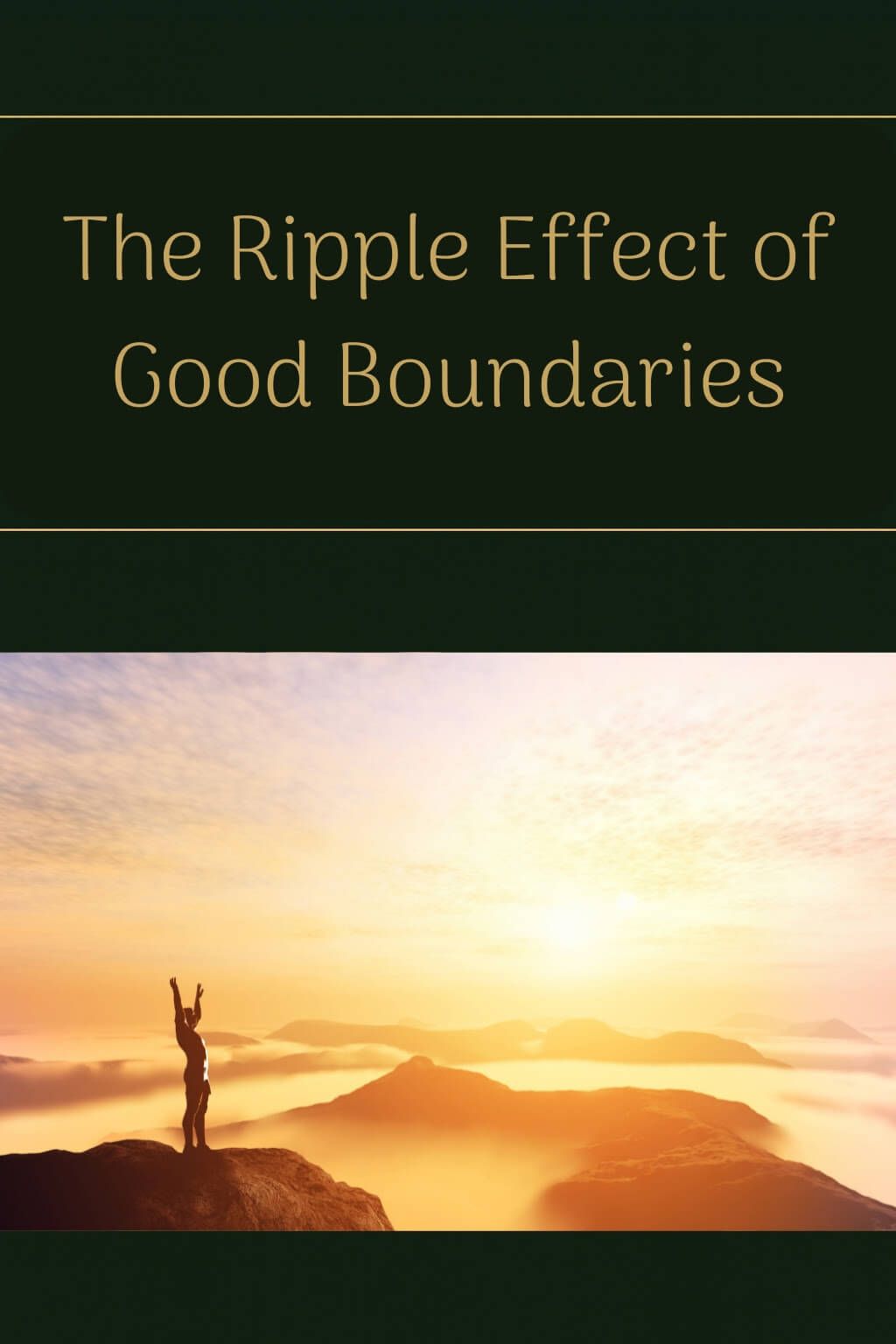
When you start honoring your limits:
- Relationships become more honest and sustainable
- You attract people who respect your autonomy
- You have more energy for what truly matters to you
- People learn to solve their own problems instead of depending on you
- You model healthy self-care for others
Paradoxically, boundaries often improve relationships by removing the underground resentment that builds when you consistently ignore your own needs.
The Microdosing Advantage
Psilocybin helps you feel the difference between authentic generosity and people-pleasing compulsion.
When you’re genuinely happy to help, it feels expansive and energizing. When you’re helping from obligation or fear, it feels contractive and draining.
You start trusting these internal signals as guidance about when to say yes and when to say no.

Boundaries aren't about keeping people out - they're about keeping yourself in.
They're the difference between sustainable kindness and burnout-inducing people-pleasing.
Learning to set loving limits is one of the greatest gifts you can give yourself and your relationships.
Your needs matter. Your energy is finite. Your time is precious. Protecting these isn’t selfish – it’s the foundation of being able to genuinely care for others.
So…where do you need to draw a line?
Until next time,
Mushie Media of the Week:
“Psilocybin: Group Experience, Microdosing, Therapeutic Benefits”
by: The Connected Community: Exploring Possibility







